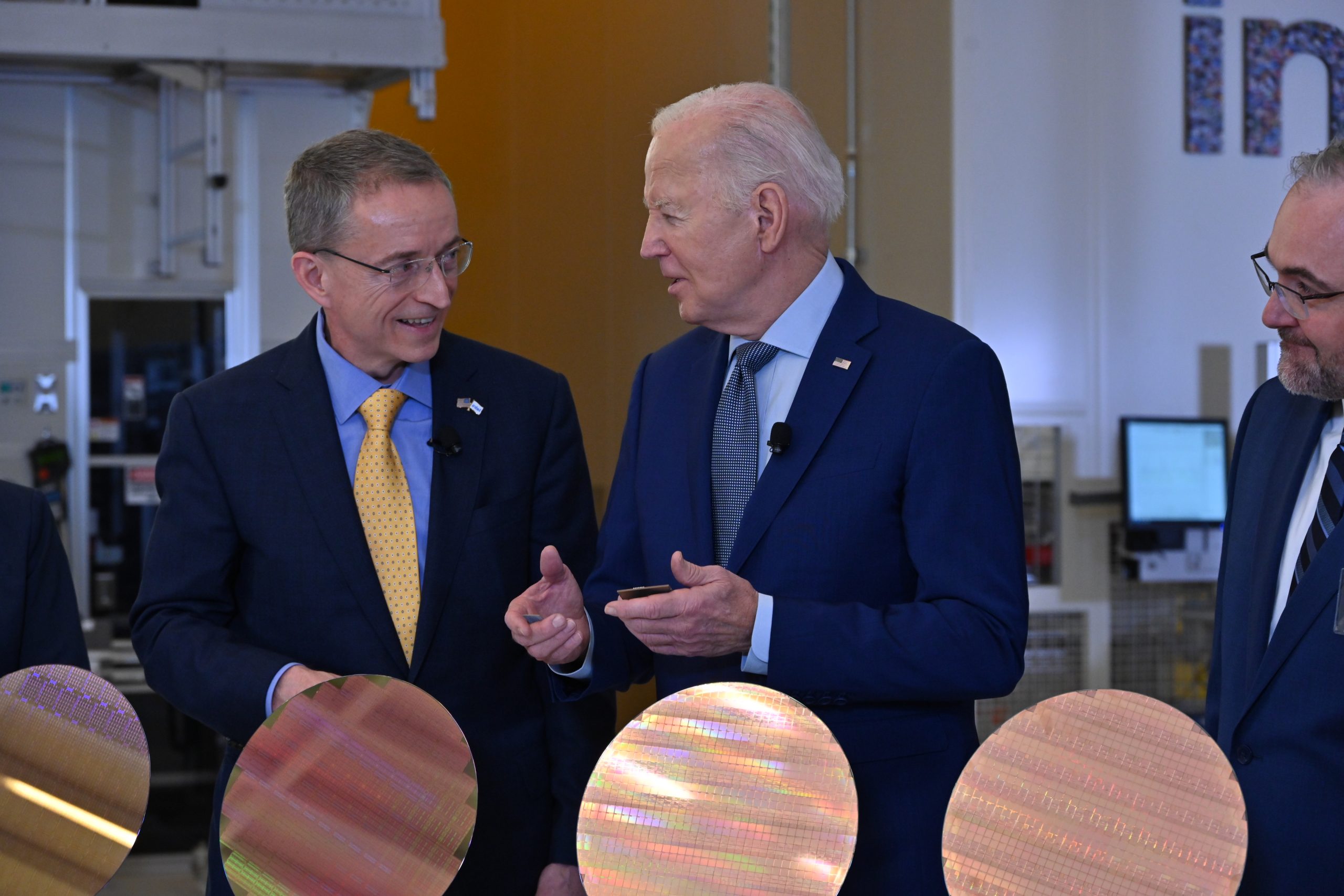More details have emerged about the the sudden resignation of semiconductor industry veteran Lip-Bu Tan from Intel’s board of directors.
After just two years at the chip giant, a regulatory filing revealed that Lip-Bu Tan had informed the board that he would be leaving, “effective immediately.”
“On August 19, 2024, Lip-Bu Tan informed the board of directors of Intel Corporation that he was resigning from the Board, effective immediately. Mr. Tan’s decision is a result of demands on his time,” the filing states.
![]()
Semiconductor veteran
“I am grateful for the opportunity to serve on the Intel Board of Directors,” Lip-Bu Tan was quoted as saying in the filing. “This is a personal decision based on a need to reprioritise various commitments and I remain supportive of the company and its important work.”
The Board in the filing thanked Mr. Tan for his contributions during his tenure.
Lip-Bu Tan had been brought in two years ago to help with the chipmaker’s turnaround efforts.
He is an industry veteran with vast experience. Tan had served since 2021 as executive chairman of Cadence, and since 2004 as a member of its board. He also served as CEO of Cadence from 2009 to 2021 and as president from 2009 to 2017.
He also served on the boards of Credo Technology Group and Schneider Electric SE. At Carnegie Mellon University, Tan served on the board of trustees and the School of Engineering Dean’s Council; and at the University of California, Berkeley, he served on the Engineering Advisory Board and its Division of Computing, Data Science, and Society Advisory Board.
Previously, he served as a director of several public companies, including SoftBank Group Corp. from 2020 to 2022; Hewlett Packard Enterprise Company from 2015 to 2021; Advanced Micro-Fabrication Equipment China; and Flextronics International Ltd.
Tan holds a Bachelor of Science in physics from Nanyang Technological University in Singapore, a Master of Science in nuclear engineering from the Massachusetts Institute of Technology and an MBA from the University of San Francisco.
Tan was named the 2022 recipient of the Semiconductor Industry Association’s highest honour, the Robert N. Noyce Award.
Tan is also founding managing partner of Celesta Capital and Walden Catalyst Ventures.
Turnaround clash
But now Reuters has reported that there might more behind Tan’s sudden departure from Intel’s board, than first meets the eye.
Reuters citing three sources familiar with the matter, reported that Lip-Bu Tan’s departure came after differences with CEO Pat Gelsinger and other directors over what Tan considered Intel’s bloated workforce, risk-averse culture, and lagging artificial intelligence strategy.
According to Reuters, Intel’s board had expanded Tan’s responsibilities in October 2023, authorising him to oversee manufacturing operations.
But over time, Tan reportedly grew frustrated by Intel’s large workforce, its approach to contract manufacturing, and Intel’s risk-averse and bureaucratic culture, according to the sources.
Tan’s departure comes at a bleak time for Intel, which has left it vulnerable to a potential activist shareholder attack, former executives have reportedly said.
Indeed, Reuters reported that Intel has hired investment bank Morgan Stanley to prepare a defense.
Intel declined to comment. Tan’s venture capital firm, Walden Catalyst, did not respond to a request for comment.
Tan’s exit leaves a vacuum of chip-industry technical and business acumen on the board, which Reuters said is populated by leaders in academia and finance, and former senior executives from the medical, tech and aerospace industries.
Intel’s troubles
Earlier this month Intel had shocked Wall Street when it posted a net loss for Q2, coupled with a revenue decline and weak forecast for Q3 below analyst expectations.
Intel’s second quarter results also revealed that the chip giant only had cash and cash equivalents of $11.3 billion, but faced total liabilities of about $32 billion at the end of June.
Intel CEO Pat Gelsinger also admitted in a memo to staff that the firm’s “costs are too high, our margins are too low”, and he confirmed the firm would axe 15,000 jobs, after the 5 percent job losses in 2023, as well as a previous round of job cuts in October 2022.
Gelsinger also signalled an ongoing struggle to turn around Intel’s fortunes, which involve creating a foundry business, but also carrying on with heavy investments in new plants and R&D.

Gelsinger had implemented the turnaround plan (called IDM 2.0) in March 2021, and it is designed to regain the company’s competitive edge, and help it focus on revitalising its manufacturing capabilities (including manufacturing chips for other companies).
However industry observers believe it will take years to realise the plan to turn around Intel’s foundry business, and many expect TSMC to maintain its foundry lead in the coming years.
Gelsinger’s confirmation of the problems at Intel, coupled with weak forecasts and the suspension of dividend payments to investors, had triggered the largest single day drop in Intel’s stock price in 50 years, after it plummeted 26 percent on 2 August.
This caused Intel’s market value to sink more than $32 billion in a single day.
Intel’s stock has lost more than 59 percent of its value so far this year.
Intel shareholders sued the firm, alleging the chipmaker fraudulently concealed problems that led it to post weak Q2 results, slash jobs and suspend its dividend payment.
Intel also sold its 1.18 million share stake in UK chip designer ARM Holdings





